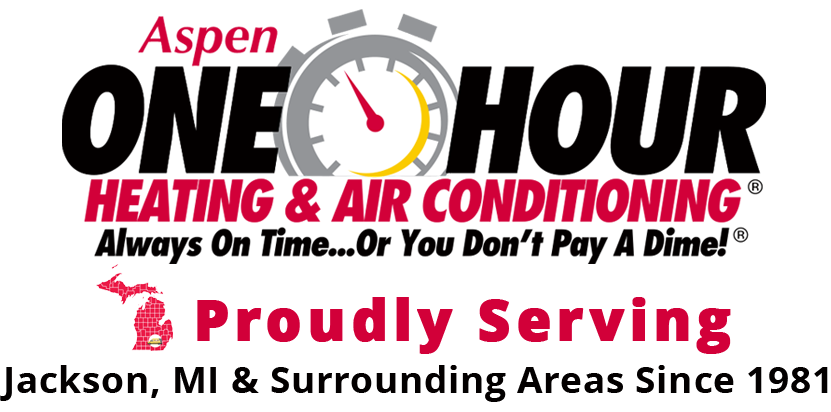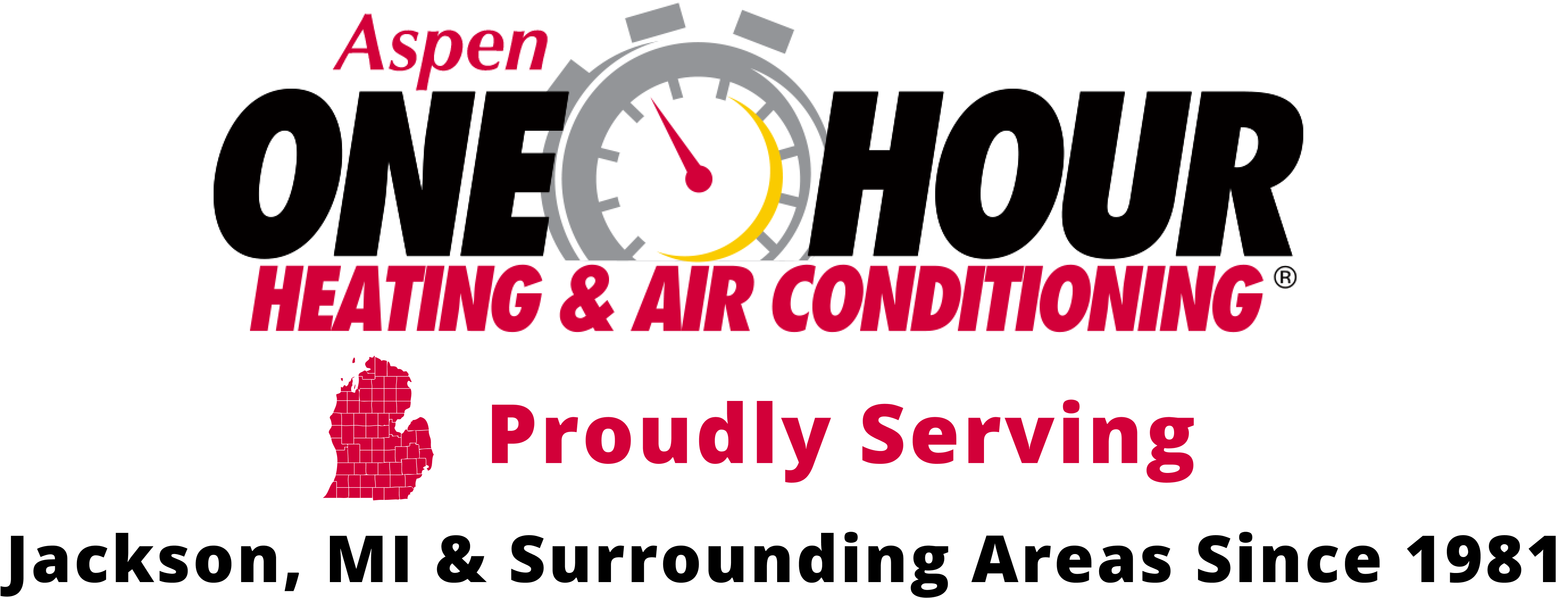As summer temperatures soar across Michigan, your air conditioner quickly becomes one of the most vital appliances in your home. It works hard to maintain a comfortable indoor climate during those humid July and August days. But like any piece of machinery, your AC unit has its limits. Overworking it can lead to more than just higher energy bills—you could face costly repairs, reduced system lifespan, and a drop in indoor air quality.
In this blog, we’ll explore the real cost of an overworked AC, how to recognize the signs of stress in your system, and most importantly, what steps you can take to prevent it.
What Happens When Your AC Is Overworked?
An overworked air conditioner is essentially being pushed beyond its optimal performance capacity. This often happens during extreme summer heat, especially if your unit is not properly maintained or is undersized for your home. The consequences can add up quickly:
1. Skyrocketing Energy Bills
When your AC runs continuously to meet cooling demands, it draws more electricity. This is especially common during heatwaves in Michigan when units may run all day without cycling off. That constant operation translates to higher monthly bills.
2. Increased Wear and Tear
Running non-stop puts significant stress on internal components like the compressor, fan motor, and coils. This accelerates wear and tear, making it more likely that you’ll need repairs.
3. Frequent Breakdowns
A stressed-out AC is more prone to breakdowns. You might find yourself calling for emergency repairs on the hottest days of the year—just when HVAC companies are the busiest.
4. Shortened Lifespan
Overworking your air conditioner can take years off its expected life. What could have been a 15-year investment may only last 10 or even less if the system is constantly strained.
5. Reduced Indoor Comfort
Ironically, an overworked AC might not even cool your home effectively. You may notice uneven cooling, humidity issues, or rooms that never quite reach the right temperature.
Why AC Units Get Overworked
There are several factors that can cause your air conditioner to overwork during the summer months:
– Poor Insulation
If your home isn’t properly insulated, cool air escapes and warm air seeps in. Your AC has to work harder to maintain the temperature.
– Dirty or Clogged Filters
When filters get clogged with dust and debris, airflow is restricted, forcing the unit to work harder to push air through.
– Leaky Ductwork
Holes or leaks in your ductwork can cause cool air to escape before it reaches the rooms in your home.
– Incorrect Thermostat Settings
Setting the thermostat too low can make your AC run continuously. Every degree lower than necessary adds to the system’s workload.
– Lack of Maintenance
Failing to schedule regular maintenance means small issues can grow into major problems that affect performance.
– Improper Sizing
An undersized AC unit can’t handle the cooling demands of your home, while an oversized unit will short-cycle, both of which lead to inefficiency.
Signs Your AC Is Being Overworked
If you know what to look for, you can catch the signs early and take corrective action. Here are some common red flags:
- Your AC runs almost constantly, even on milder days.
- You hear unusual noises like grinding, buzzing, or rattling.
- Your home never seems to get cool enough.
- You experience frequent cycling on and off.
- There’s more dust or humidity inside your home.
- Your energy bills are unusually high for the season.
How to Prevent Overworking Your AC
Fortunately, there are practical steps you can take to reduce the strain on your air conditioner and help it run more efficiently all summer long.
1. Schedule Routine Maintenance
Routine air conditioner maintenance is crucial. Annual AC tune-ups are one of the best investments you can make. A professional technician will inspect, clean, and test your system to ensure everything is working optimally. They can catch small issues before they become major problems.
2. Change Air Filters Regularly
Replace or clean your air filters every 1-3 months during cooling season. This simple task keeps airflow unrestricted and improves indoor air quality.
3. Seal Air Leaks
Use caulking and weather stripping to seal gaps around windows, doors, and other openings where cool air can escape.
4. Upgrade Insulation
Proper attic and wall insulation can help your home retain cool air longer, reducing the need for continuous AC operation.
5. Use a Programmable Thermostat
Set a comfortable but energy-efficient temperature, and program it to adjust when you’re not home. Aim for 78°F when you’re in and higher when you’re away.
6. Utilize Fans and Curtains
Ceiling fans help circulate air and make rooms feel cooler, allowing you to raise the thermostat a few degrees. Blackout curtains and shades can block sunlight and reduce heat gain.
7. Check and Seal Ductwork
Have your ductwork inspected for leaks or disconnections. Sealing ducts can dramatically improve cooling efficiency.
8. Consider a System Upgrade
If your AC unit is over 10-15 years old and struggling to keep up, upgrading to a modern, energy-efficient system could save you money in the long run.
9. Don’t Set It Too Low
It’s tempting to crank the AC down to 68°F on a hot day, but this only forces the system to work harder. Stick to a reasonable setting and dress accordingly.
10. Keep Vents Clear
Make sure that air supply and return vents aren’t blocked by furniture, rugs, or curtains. Blocked vents reduce airflow and efficiency.
When to Call a Professional
If you suspect your AC is overworked or not performing as it should, it’s best to call a licensed HVAC technician. They can:
- Diagnose and repair mechanical problems
- Check refrigerant levels and fix leaks
- Clean coils and blower components
- Ensure proper thermostat operation
Attempting DIY repairs can be dangerous and may void your system’s warranty.
Final Thoughts: Protecting Your Comfort and Your Wallet
Your air conditioner is one of the most important systems in your home, especially during Michigan’s hot and humid summer months. Overworking it not only impacts comfort but also your finances. By understanding the risks and taking proactive steps, you can keep your AC running smoothly, reduce energy costs, and avoid unexpected breakdowns.
Investing a little time and effort now can save you thousands in repairs and replacements later. And perhaps best of all, you’ll stay cool and comfortable all summer long.
If your AC is acting up or you’re ready for a seasonal tune-up, contact Aspen One Hour Heating & Air Conditioning today. We’re proud to keep Michigan homes cool, efficient, and comfortable.

